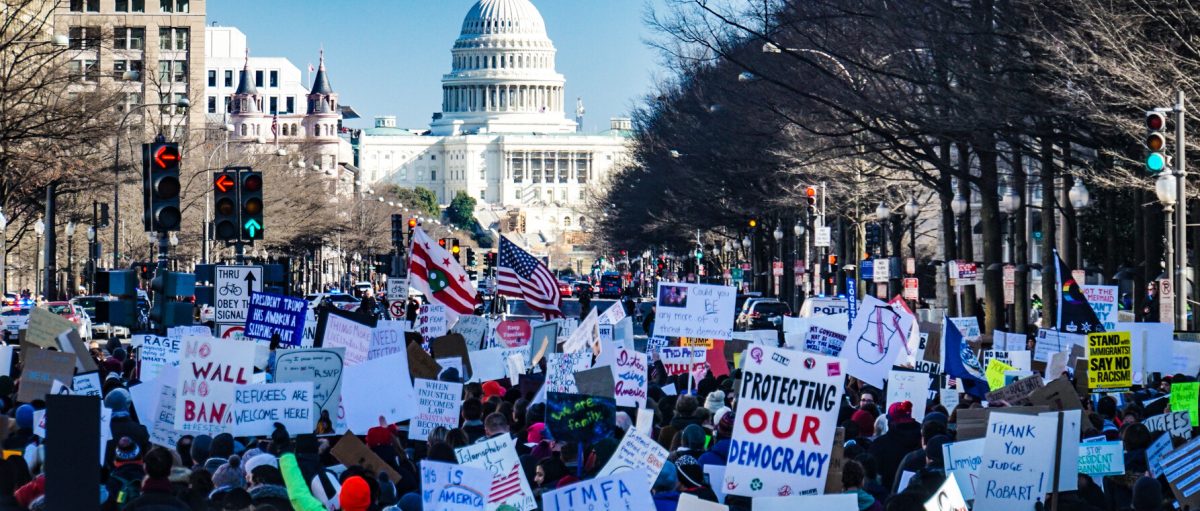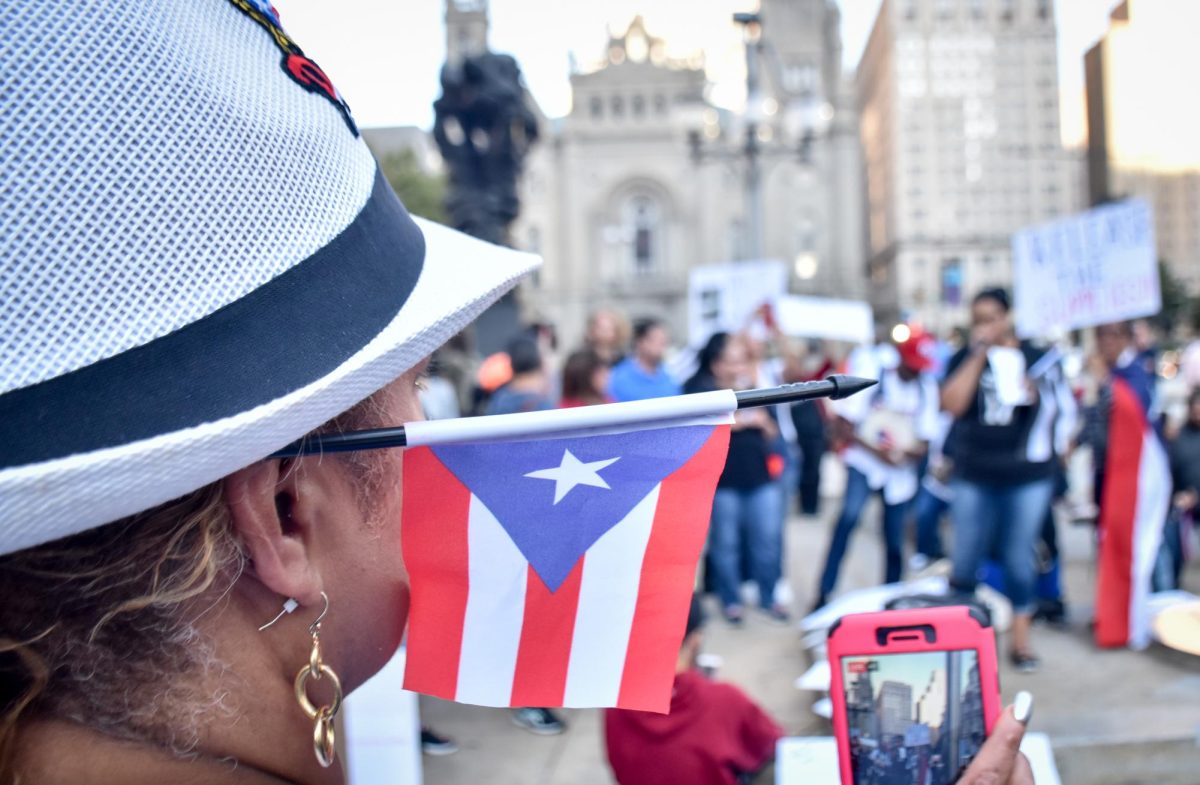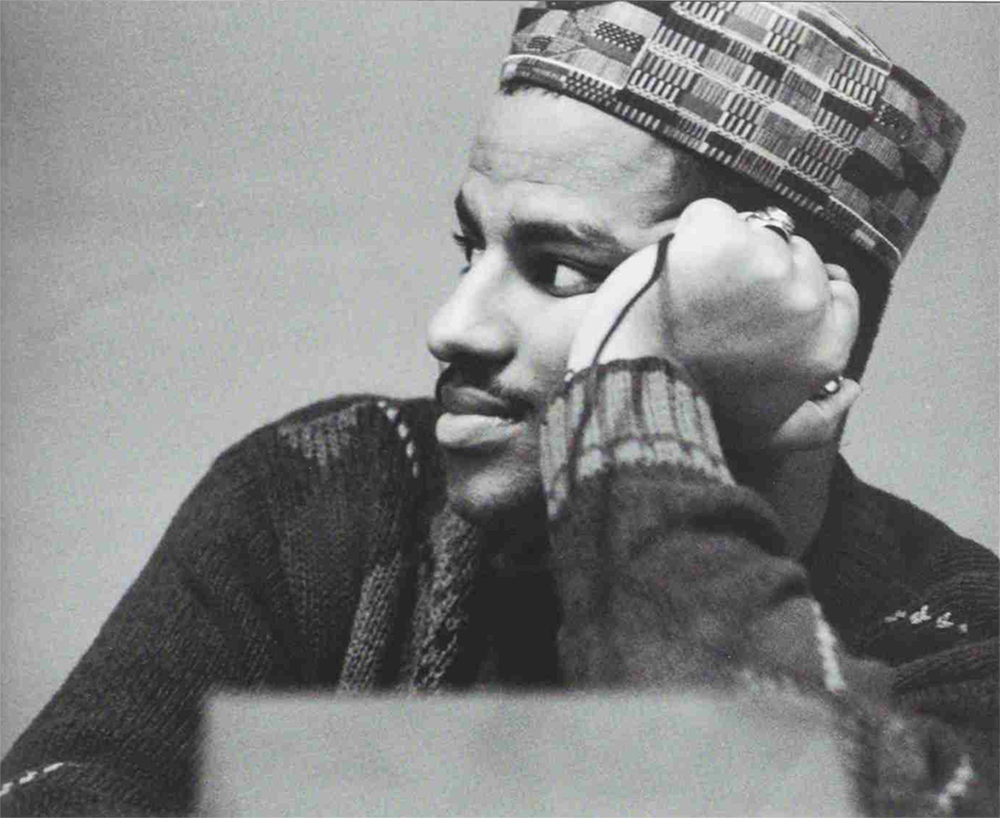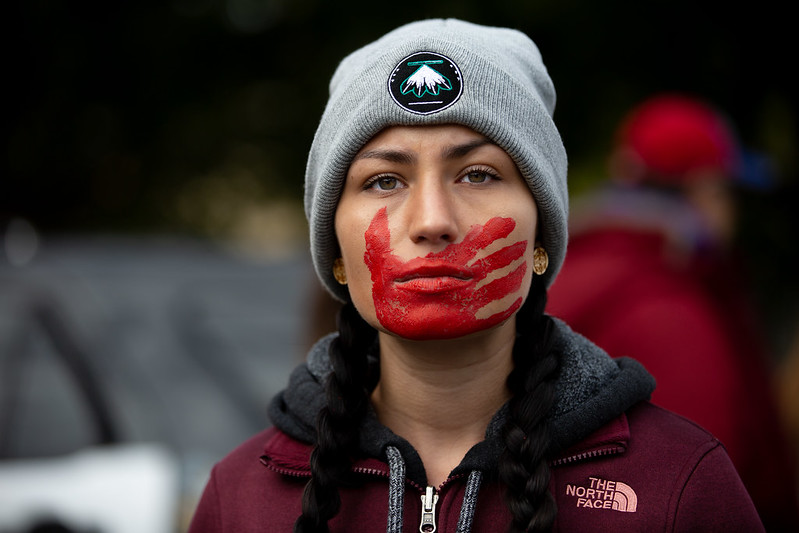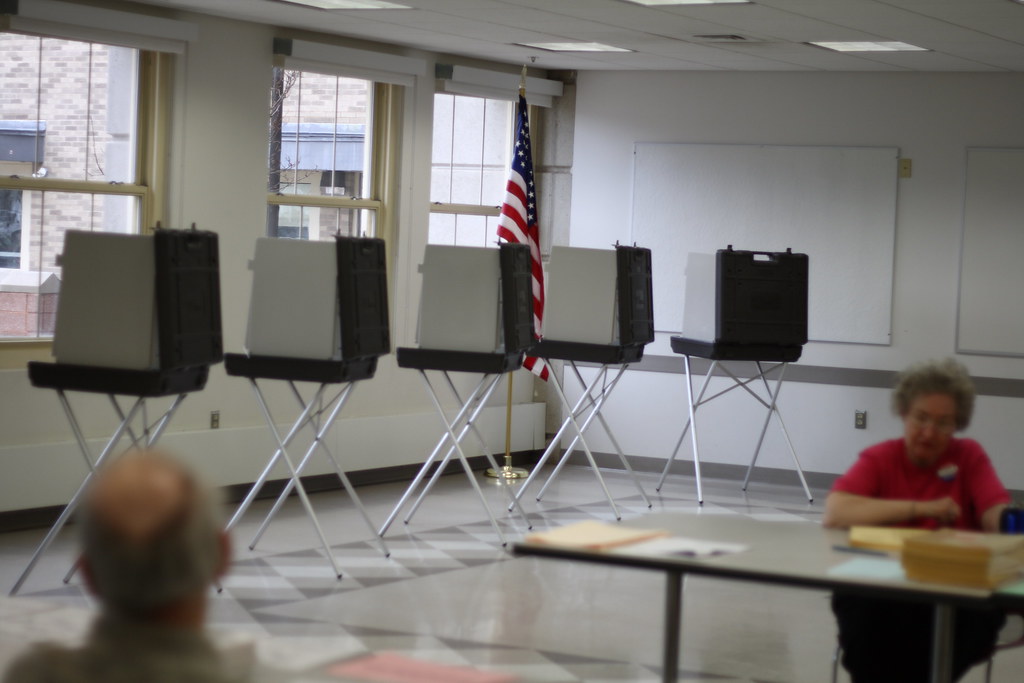“E don cast
Last, last
Na everybody go chop breakfast”
These are the words that could be heard as youth gathered from all over the world in the clubs and streets of Lagos as they participated in Detty December. From the first week of December to the first week of January, the streets of Lagos, Nigeria, never sleep.
It’s honestly impossible to ask Nigerian youth about their end-of-year holiday plans without them mentioning Detty December. It has easily become one of the most anticipated times of the year in Nigerian and African pop culture.
While the exact origins of Detty December are unknown, the term was introduced in 2019. Detty December is a time when Nigerians and other people from the Black diaspora gather together in Nigeria to party, “chop life” and enjoy a host of activities, all-day street festivals and all-night concerts to celebrate the end of the year. While some IJGB’s— aka I Just Got Backs, which refers to Nigerians in the diaspora who have just returned home— chose to return to their familial/ancestral villages in the states around Nigeria, Detty December’s impact is mainly felt in Lagos.
The new influx of people is evident as Lagos becomes crowded with IJGB’s. It doesn’t matter whether you are going to a restaurant or a beach party, there will be massive crowds and traffic during December. Oluwatoyosi Adegunle, a representative for the Lagos hospitality brand Xenia Lifestyle, says that December has become the busiest month for reservations; they noticed a 55% increase in extended-stay bookings.
Some people believe Detty December is the result of the Lagos 2019 December Celebrations. These collective events held the record-highest number of concerts and state-promoted festivities in Nigeria at the time. Others believe its origin dates further back to the inauguration of the Calabar Carnival in 2004.
Donald Duke, the former governor of Cross River, Nigeria, started the Calabar Carnival because he believed that having a month-long festival in December would boost tourism and the local economy in the southeastern state. The Calabar festival is hosted in the capital city of Cross River State, Calabar. It is a massive display of culture that includes musical performances, food competitions, a solidarity march, street parties, fashion shows, a prestigious essay writing competition, art shows, traditional dances and masque events. The carnival has been dubbed “Africa’s Biggest Street Party” or the “Pride of Nigeria” as it has become Nigeria’s biggest carnival and an internationally recognized event.
While many from the older generations believe that the origin goes a lot further back to the rapid boom of the Nigerian economy in the 1970s. The economic boom was due to the Niger Delta rejoining Nigeria in 1970 after the Biafran War this caused an increase in oil production after the Biafran War. Control over the lucrative oil production in the Niger Delta played a massive role in the start of the Biafran War when nine of present-day Nigeria’s southeastern states declared independence from Nigeria.
After this pernicious war, the government welcomed the massive spike in oil production as it helped the country recover from the war. While the impact of this economic boom would eventually lead to a “resource curse,” as it barely enhanced Nigeria’s political and administrative capacity and capabilities, it did increase incomes and jobs availability. This meant that citizens had extra money to spend amid the emergence of Fela Kuti’s Afrobeats in the 1970s.
The unorganized institutions of the state and poor government management led to the massive oil revenues and extra money barely lasting as Nigeria failed to realize its full potential due to political corruption. This time around, corporate organizations and state governments have organized and come to embrace the potential economic gain from Detty December fully.
Detty December has allowed for an increased boost in tourism, enabling a multitude of promoters to profit from shows and events that are expensive by local standards but very inexpensive compared to performances by the same acts abroad.
Flight costs have suffered at the hands of inflation. “Ticket prices were going up every single day and within a few minutes of checking, the cost went up by another £100,” says Agnes Olowogboye, a 27-year-old financial regulations consultant in London who had been monitoring flight tickets to Lagos.
International flights aren’t the only ones affected. Local flights increased during December Maryann Okoli, a corporate communications expert based in Lagos, was shocked when she had to pay the equivalent of about $400 for a one-way ticket to Imo State when it was exactly half the price just a month before.
Nigeria isn’t the only country that has embraced the term Detty December. Ghana now uses it to describe similar festivities during December, mostly taking place in the national capital, Accra. This is where Afronation, a festival offering a lineup packed with talented Afrobeats, hip hop, R&B and dancehall musicians, is held on Accra’s beaches for a four-day party.
The beauty of Detty December is the ability of Nigeria’s youth to still celebrate despite our nation struggling from rapid urbanization, lack of housing and poverty. If you look beyond the endless partying and wealth on display during Detty December and take the time to leave the all-day parties and festivals, you’ll likely encounter one of the many shanty towns that appear across the city.
Celebrations are the way Nigerians cope with the chaos and precarity of Nigeria. Extravagant celebrations and functions are nothing new to Nigeria. One thing about Nigerians is that we’re gonna make ourselves happy despite our circumstances. Fela Kuti famously said Nigerians have a culture of suffering and smiling.
As Detty December thrives and becomes internationally known, never forget that Nigeria started it cause “Naija no dey Carry last!”



